At the time of writing this, it is already June, the season of Pride. I wonder, readers, what comes to mind for you when you think of Pride month? How has that changed over the years? Historically, I have viewed Pride as a joyful celebration of authenticity and vulnerability. While I think joyful celebration swaddled in authenticity and vulnerability is a wonderful thing, and still rings true, there is more to it. Pride is so much bigger than “Love Is Love.” Especially this year.
I wrote for the PLY blog back in the winter, and if you visit that article, you’ll note in my small bio that at the time I was located in the state of Florida. I am writing from the state of New York now where my family and I relocated as new anti-LGBTQ laws appeared in Florida. We packed up what we could, used up all our savings, and headed north. It was a leap of faith to say the least. It was a homecoming, too, even though none of us had been to this city before. Still, being raised in Vermont, it felt good to be somewhere with seasons again. I love me a good snowstorm, too. Another perk of being somewhere cooler? More comfortable spinning weather!
On this cool but sunny June day, I decided to grab my wheel and spin outside in my small front yard area. I snag my wool, gifted to me by another spinner (hi Connie!), and my trusty Ashford Kiwi. I carefully bring it down the steep stairs and out the front door, adjacent to neighbors who are out on their porches, watering flowers, and mowing lawns. I carry my wheel and four ounces of bright neon rainbow wool (while wearing a Pride-inspired T-shirt!) Note: I am sure many people were curious what I was doing simply because I looked like I was struggling to carry it all. I set up to spin.
In Florida, I would certainly have been cautious about this endeavor. Indeed, I was. Simply put: being visibly queer there (and many places) was a risk. Drawing attention to myself with something as bizarre as a spinning wheel? Yikes. But here is the thing: Being visible is an act of Pride. Social justice work can be as simple (and profound) as being seen. As people walk by, I wonder if they are more intrigued by the wheel, the brightly colored hues of wool, or my obvious self-declared queerness. I love the idea of this marriage between craft and social justice. Many people, I have discovered, recognize a spinning wheel but will still say “Is that a spinning wheel?” just to be sure. I wonder what it is about humans who just like to be sure of something, name it, and confirm it.
I’ve decided, for both the sake of time and for fun, to spin a thicker yarn with this wool. Who doesn’t love a good chubby yarn? Oh, and did I mention this fiber has been treated so it’ll glow under a black light? Talk about a party. The neons glow even in the natural sun. I decide to go with the colors as I feel called. I love this about spinning: I can make a plan or I can go with the flow. It’ll be a bit of both, I think, but I let the colors guide me. I start with the brightest in the bunch – the in-your-face yellow. As I spin, I imagine different anxiety-inducing scenarios, another thing that popped up from my time living in Florida: being queer in America means having these little plans of safety in mind. I am comforted, however, with the spinning of the wheel. Round and round, a steady rhythm. This feels like a safe space right now. My shoulders settle down and I relish in the cool breeze. I inhale, I exhale. I am here. Unapologetically. Finding a place that feels good, feels like home, is something I wish I could gift every queer person right now. I wish I could hand them some fluff and have them spin their own yarn – literally and figuratively. I know so many families like mine who are needing to flee their spaces as they are no longer safe. And what a powerful tool something like spinning is. It gives you control. It gives you freedom of expression. It gives you purpose. It gives you something fun. It gives you something you can use. It is an explosion of the senses and an invitation to connect with self, the natural world, and the wider community. It transcends expectations and whirls around binaries and normative culture. It can be done in the safety of your home or out in public. This kind of joyous exploration is something I want to highlight this Pride. It is going back to self. It is challenging the status quo.
We need Pride to have moments like this, moments of simple joy. We need Pride to have moments like this, moments of visibility. We need Pride to have moments like this, moments of safety. We need Pride within the fiber community because even as I type this now, I worry who might show up in the comments of this very article saying “can’t you just leave all of that Pride stuff out of spinning?” or “we don’t need this shoved down our throats!”
Celebrating and honoring Pride through the fiber arts is also a call to doing what we can with what we have. For many, going outside or gathering in groups may be a health risk. As many able-bodied and healthy people became aware, many disabled folks during the COVID-19 lockdown were able to express what their everyday, pre-pandemic reality is – not being able to attend events due to health concerns. So too, spinning is an accessible form of connecting and also a pathway to self-awareness and honoring who you are. As someone with chronic illness, I know that going out to big Pride festivals for hours on end is likely going to be difficult for me. And I know that spinning this rainbow yarn is one way for me to honor myself and who I am. I can then choose to post on Instagram or TikTok and I am immediately connected to the wider world of spinners and fellow disabled and LGBTQIA+ people. Pride is as simple as that wooly goodness between your fingers. An entire story of Pride exists in that drafting zone because we are breathing life from our existence into it.
Simply put? Spinning is queer. Spinning is part of my Pride.
Resources
Pride month is wonderful, but it can also be difficult to navigate if you don’t feel supported. Please know that you are not alone. There is help and support for you 24/7, all year long. Here are some resources that I recommend for youth and adults.
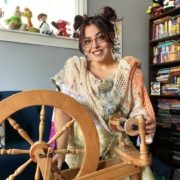 Tracy Murphy is a knitter, spinner, and indie dyer behind Bosom Femme Fibers and is based in Buffalo, NY. She also teaches virtual and in-person fiber arts lessons. She holds an MA in Transformative Language Arts from Goddard College. Tracy is passionate about all things wooly, and also enjoys reading, writing, and playing French horn. A strong advocate for mental health support, Tracy hopes everyone is able to find a soft place to land in these difficult times.
Tracy Murphy is a knitter, spinner, and indie dyer behind Bosom Femme Fibers and is based in Buffalo, NY. She also teaches virtual and in-person fiber arts lessons. She holds an MA in Transformative Language Arts from Goddard College. Tracy is passionate about all things wooly, and also enjoys reading, writing, and playing French horn. A strong advocate for mental health support, Tracy hopes everyone is able to find a soft place to land in these difficult times.
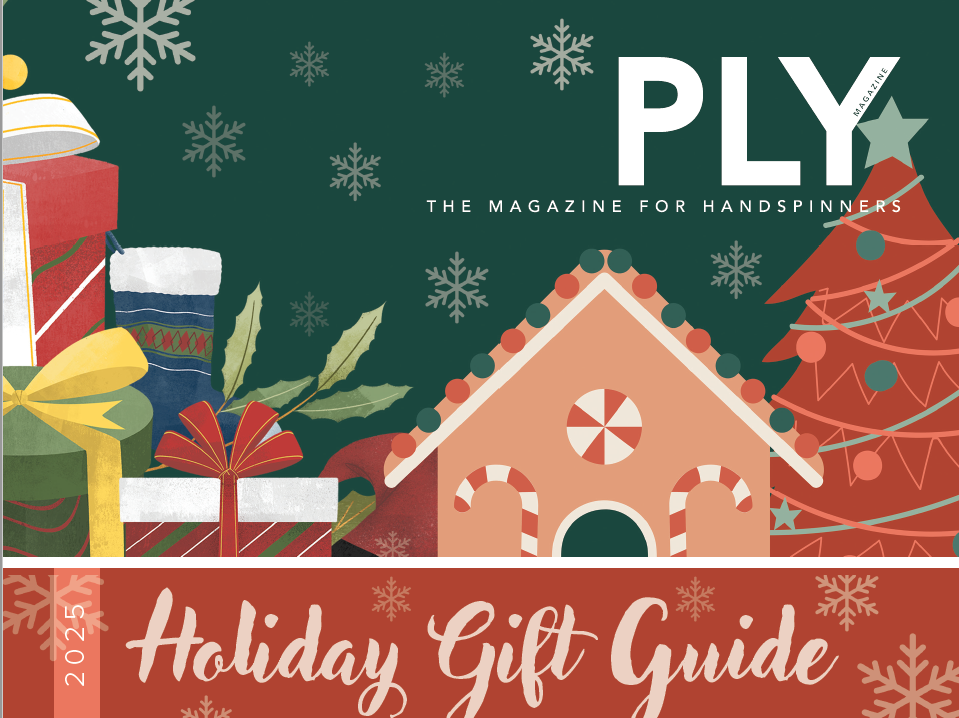
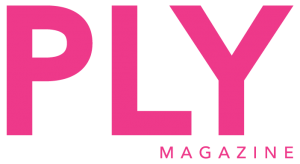
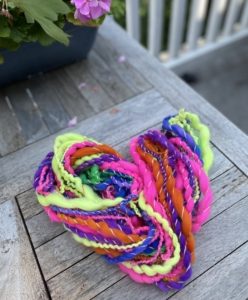
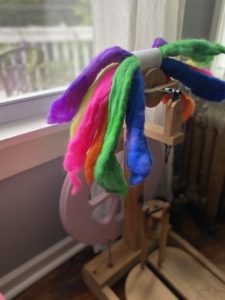




Leave a Reply
Want to join the discussion?Feel free to contribute!